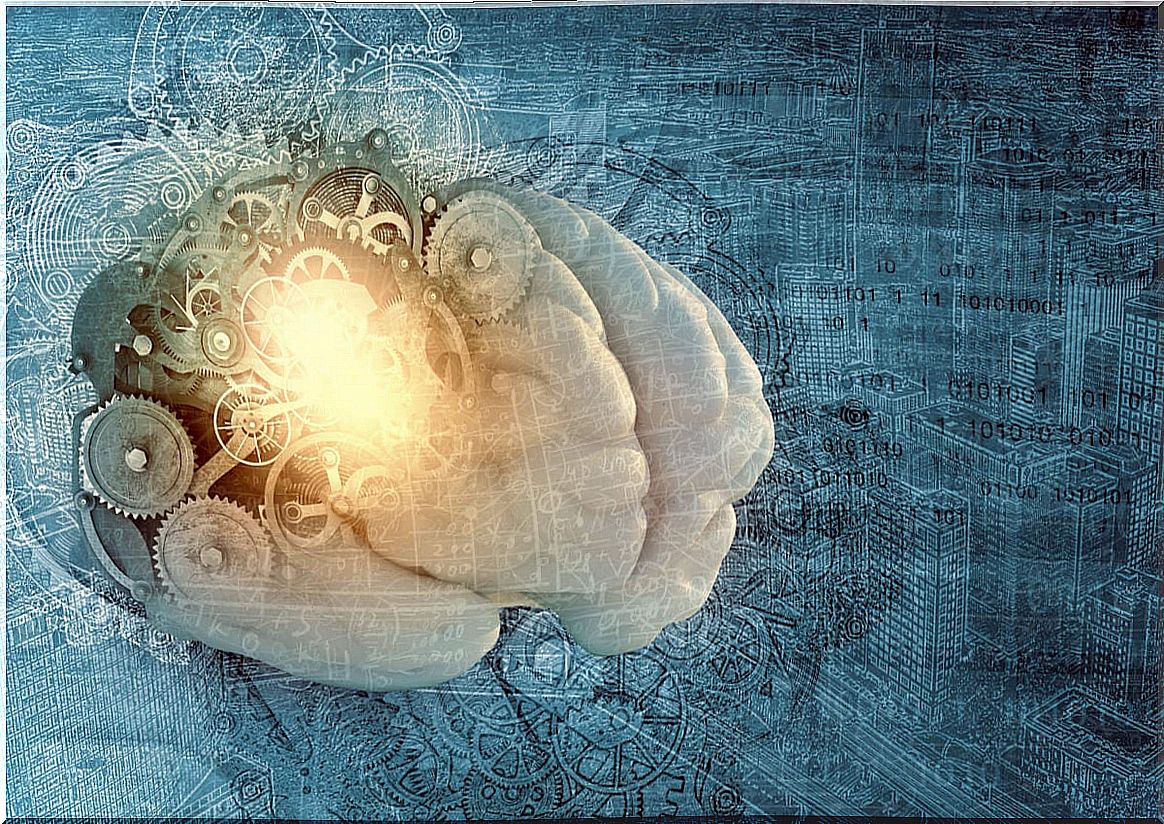What Is Metamemory?

What is metamemory? Does this concept sound familiar to you? The reality is that memory is a cognitive ability that allows us to have an identity, learn, preserve memories and consolidate or reinforce the imprint of what has already been learned. Knowing in detail how memory works can help us better retain information, as well as optimize this ability. This is precisely what metamemory is about, the knowledge of one’s own memory.
But what else does meta-memory include? How does it relate to the mnemonic rules? How is this phenomenon studied? How can we enhance it? We will respond to all this in a brief journey through the knowledge of this interesting skill that allows us to be who we are.

What is metamemory?
Metamemory is the knowledge we have of our own memory. More specifically, and according to a study by González (1997), entitled “Metamemory and learning texts”, published in Psychology Studies, metamemory is defined as the knowledge and control that the person has over the functioning of their memory. This also includes the knowledge of the different phases of memory, which are three:
- Coding.
- Storage.
- Recovery.
The more metamemory we have, the more we will know about memory and, therefore, the more we will know about how to enhance it and what limitations it has. Thus, as we see, metamemory not only includes the knowledge of memory, but also its control and dominance.
Memory and metamemory
As we can see, metamemory implies the knowledge of one’s own memory, in the same way that metalanguage constitutes knowledge of one’s own language, for example (and so on with more examples). To enhance memory (or to get the most out of it) many times we resort to the so-called rules or mnemonic strategies.
In this sense, according to a study by Campos & Ameijide (2014), mnemonic strategies do not only influence memory, but also meta-memory. Thus, these could benefit not only memory, but also metamemory (it all depends on the type of strategies used).
How to empower metamemory
Metamemory, like memory, can be enhanced. How? To start with, learning everything we need to know about how memory works. This includes knowing how the brain operates at each stage of the memory process.
That is, what happens when we encode a memory? And when do we store and retrieve it? What changes occur in the brain? How do emotions influence all this? (The relationship between emotions and memory is more than proven).
All this is learned, neither more nor less, than by reading and studying; for this there are many interesting books on memory. On the other hand, the mnemonic rules, already mentioned, can help us to enhance this cognitive process; In this sense, the more we work on it, the more we will know it, so this type of strategy can also improve metamemory.

The study of metamemory
Nelson and Narens (1990), for example, in their book ” Metamemory: A theoretical framework and new findings ” propose that the study of metamemory should be carried out in three main stages, already mentioned above: acquisition (that is, before learning properly said), retention (maintenance of previously acquired knowledge) and conscious and self-directed retrieval of information.
On the other hand, and in relation to the study of metamemory, people can make judgments of their own memory, that is, of the process that memorization implies. Metamnemonic judgments, according to the authors, can be carried out in four moments of the learning process (let’s imagine that we are facing a memorization task), and they are the following:
- Before the acquisition process. At this time, the items have not yet been learned. Here the person has to predict the greater or lesser ease in learning the task in question (learning ease judgments).
- During or immediately after the acquisition. That is, right after acquiring the memory, but before the recovery test. Here the person estimates the level of knowledge he possesses (learning judgment).
- During the test. During the test, the memory expected to be obtained in a subsequent test of the same or different format (what we call “feeling of knowing or impression of knowing”) is evaluated.
- After the memory. Finally, the moment after the memory. Here the person has to express the degree of confidence or security with which he has issued each of the answers (confidence judgment).
Thus, metamemory goes a bit beyond the mere knowledge of memory. If we go a little deeper, we find that it includes the knowledge of all its functions, its stages and we could even say that the mnemonic strategies that can be useful to us. Thus, we see how knowing memory (metamemory) also implies knowing its strengths (how to take advantage of it) and its limitations.









